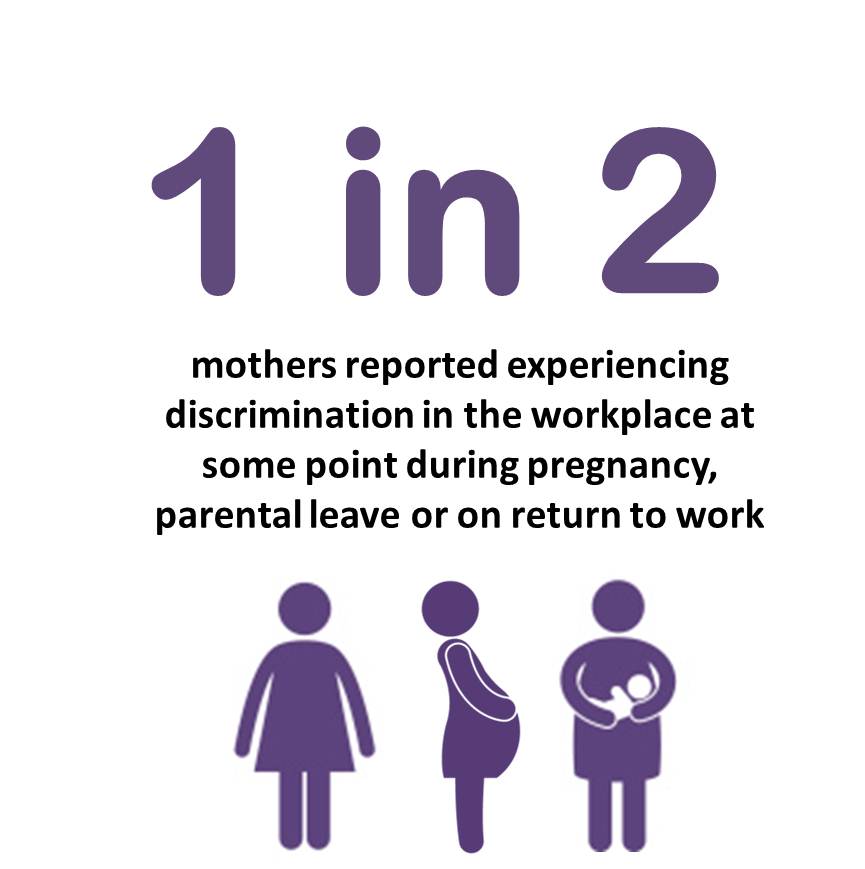
Essex-based Dental nurses, Billie-Jo Janes and Jessica Rowley have recently been awarded a total of £16,000 for unfair redundancy, due to their inability to work full-time, as working mothers.
In July 2017, the two women were informed of their redundancy, with the explanation that their employer had no need for part-time workers, and as working mums they could not adhere to the dental practices demands.
Both Miss Janes and Miss Rowley contacted their union, Unite, working together to bring the surgery to an Employment Tribunal, after being offered insufficient compensation from the surgery.
The employer was taken to an employment tribunal for unfair dismissal regarding gender discrimination, where Judge Foxwell ruled that the dental practice was guilty of “unlawful indirect sex discrimination”.
The Employment Tribunal awarded a pay-out each of £6,000 plus £498 interest for “injury to feelings for unlawful indirect sex discrimination”, with added payments for statutory rights and loss earnings, resulting in a total of £7,500 awarded to Miss Jane, 26 and £8,159 awarded to Miss Rowley, 29.
After the ruling, Miss Rowley, who has now found a position at another dental surgery, stated:



